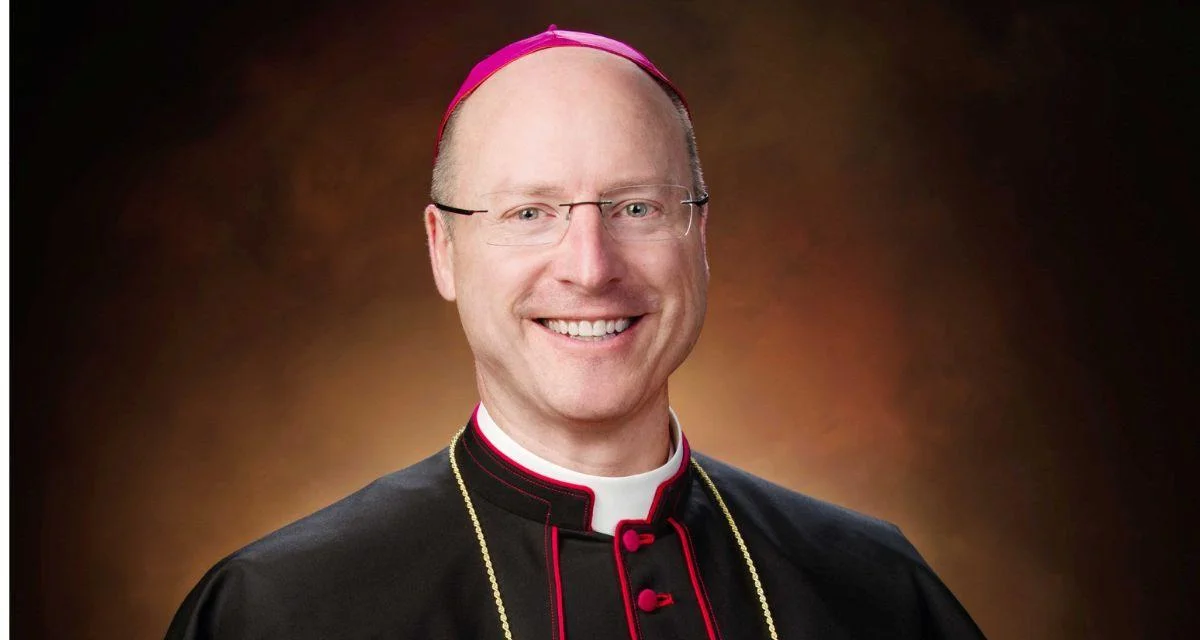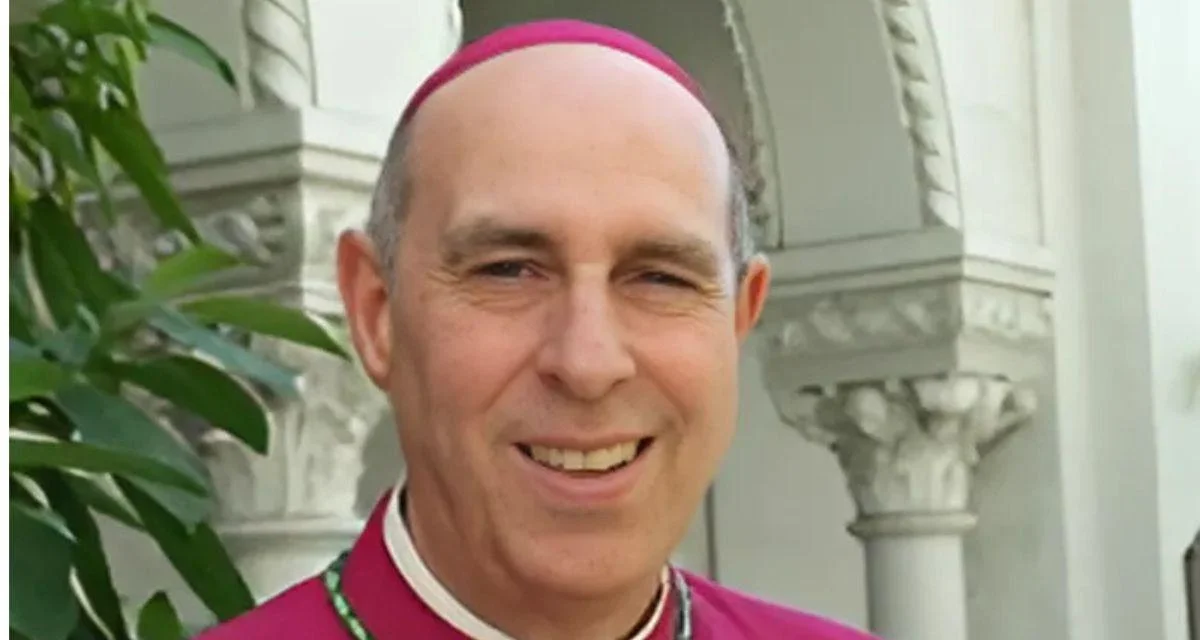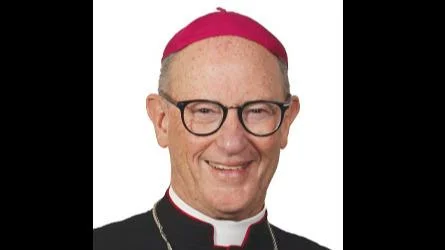
Rev. James D. Conley, D.D., S.T.L. | Diocese of Lincoln website
In the Catholic faith, the question of whether all serious believers should have a spiritual director is a topic of discussion. According to The Practice of Spiritual Direction by William Barry and William Connolly, spiritual direction is defined as "help given by one believer to another that enables the latter to pay attention to God’s personal communication to him or her, to respond to this personally communicating God, to grow in intimacy with this God, and to live out the consequences of the relationship."
While it is true that every Christian is called to have a personal relationship with God and grow in intimacy with Him, the answer to whether everyone needs a spiritual director is not a straightforward one. It is not a requirement or necessary for spiritual growth to have a spiritual director. Placing such a restraint upon God and what He is able to do would be limiting.
There have been many saints who never had regular spiritual direction and yet lived holy lives. One example is St. Benedict Joseph Labre, an 18th-century hobo in Rome who was dismissed from multiple Trappist monasteries. Despite not having regular spiritual direction, he lived a life of deep prayer and charity.
There are various ordinary ways to receive spiritual direction, such as reading spiritual books, listening to Catholic podcasts or radio, attending Sunday homilies, and seeking guidance from one's spouse in a Christian marriage. However, certain individuals may benefit greatly from having a spiritual director. This includes those in the priesthood or religious life, those discerning a vocation, Church leaders, missionaries, and those who have extraordinary spiritual experiences.
While regular spiritual direction may not be easily accessible for everyone, individuals can still seek out a spiritual director for specific times or seasons in their lives. Many priests and lay faithful are available to offer guidance and support to those in need. It is important to note that spiritual directors do not necessarily have to be priests. Lay faithful who possess the necessary training, aptitude, and gifts can also provide spiritual direction.
However, it is crucial for everyone to have a regular priest to go to for confession and someone to mentor them spiritually. Lay faithful who are just beginning their spiritual journey may simply need someone to mentor or disciple them, teaching them how to pray and discern the movements of their heart.
In addition to seeking spiritual direction, having close friends or a spouse who can help in one's spiritual growth is essential. While this relationship may not be considered spiritual direction, it is important to have individuals who can support and guide us spiritually. These individuals play a significant role in our spiritual well-being. As Dan Burke, an author and spiritual director, aptly stated, "we go alone to hell, [but] together to heaven."
In conclusion, the necessity of spiritual direction varies for each individual. While it is not a requirement for all Catholics serious about their spiritual growth, it can be beneficial for certain individuals in specific circumstances. The important thing is to cultivate a personal relationship with God and seek guidance and support from mentors, whether they be spiritual directors, priests, or close friends and spouses.




 Alerts Sign-up
Alerts Sign-up